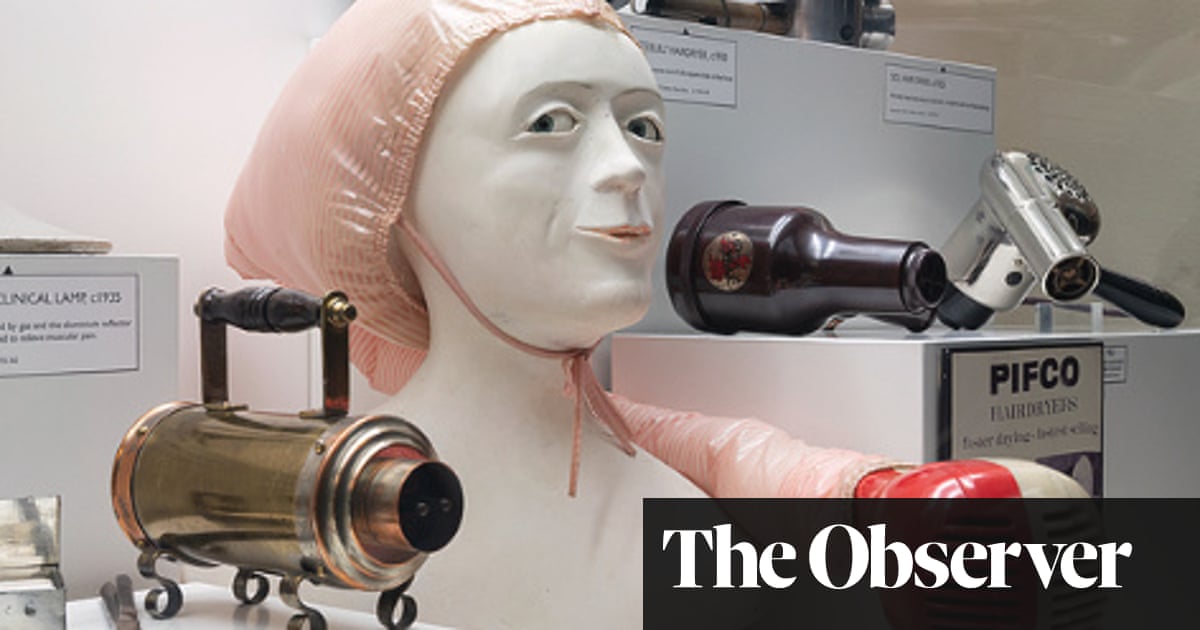A new $15-million cross-border research project is underway to monitor the movement of pathogens in Canada and the U.S. in the event of future pandemics.
The federal government put up the money that will cover four years of equipment and research.
The Integrated Network for the Surveillance of Pathogens: Increasing Resilience and Capacity in Canada’s Pandemic Response (INSPIRE) brings together 43 researchers from seven universities and public and private agencies. The team consists of biochemists, microbiologists, engineers, computer scientists, and supply chain public policy experts.
INSPIRE will partner with academics in Michigan, Ohio and New York — where many supply chains supporting Canadian industry originate.
Anne Snowdon is a business professor at the University of Windsor (UWindsor) and a co-investigator with the project.
She says COVID illustrated how unprepared Canada and many other countries were when it came to connecting all of the dots around informed data across the health systems.
“Even with who’s manufacturing our products, how we get the products we need in greater volume,” she said. “And that’s not connected to the manufacturers that we support.”
WATCH | Wastewater helps scientists track infectious diseases:
The COVID-19 pandemic showed scientists how useful wastewater could be to track infectious diseases, now it’s being used to help identify other outbreaks including monkeypox and polio.
Snowdon says the project better positions Canada to manage a pandemic — and future connections of wastewater surveillance and cross-border transit to public health systems and the manufacturers and distributors of health products.
“If they don’t have the products they need to deliver patient care, quite frankly, it doesn’t matter. It’s really connecting all the critical features of a health care system that are needed to effectively manage any kind of disruption.”
Mike McKay is another researcher with the project. He specializes in environmental microbiology and is a founding member of the Ontario Wastewater Surveillance Initiative that tested for COVID-19 to give an early warning system for outbreaks.
“We need to shore up the ability of the private sector in Canada to meet demands of the health sector in case of another pandemic,” he said.

“We must learn from experience to develop proactive strategies to prevent the devastating impact of infectious diseases on the biomanufacturing and health sectors, and improve efficiencies moving assets across borders.”
Why UWindsor is spearheading the study
UWindsor has eight researchers involved with the study — receiving a bulk of the federal funding for the project.
Kenneth Ng is a professor in chemistry and biochemistry at the university who’ll focus on genetic sequencing of pathogens of concern, or ones that are up and coming.
He says Windsor’s geographical location makes it well positioned to help connect the two countries in what moves across the border — including microorganisms that can cause viruses and diseases.
“The pathogens follow the people, and they also follow the flow of materials as well,” Ng said.
“A big part of our project is to understand, or understand better how pathogens might cross the border and then to better prepare for that. A big problem in the COVID-19 pandemic was knowing what were effective ways to control the flow of pathogens across borders.”
UWindsor’s Cross-Border Institute is also involved with the study and will analyze Windsor-Essex’s location in terms of potential biothreats entering Canada.
“It will focus on optimizing cross-border policies and programs to make Canada a more attractive destination for life sciences companies,” the university said in a statement.








